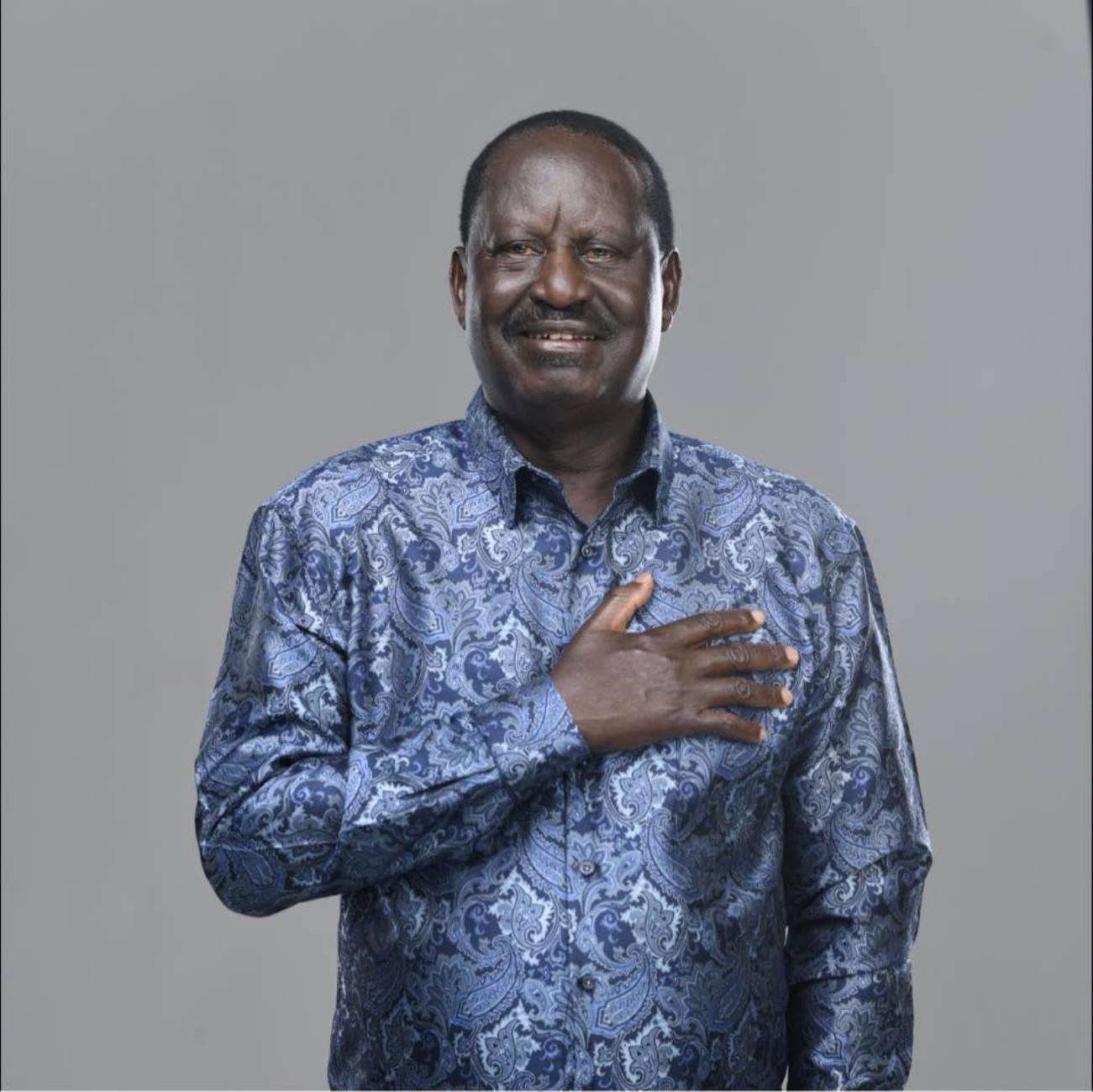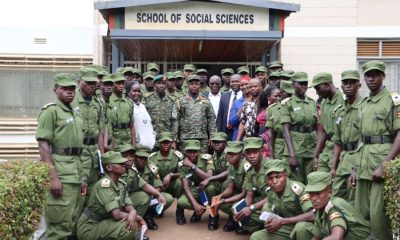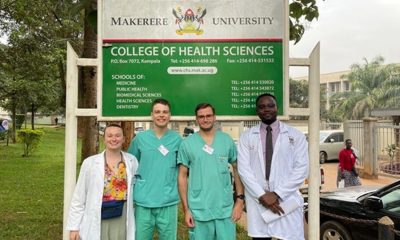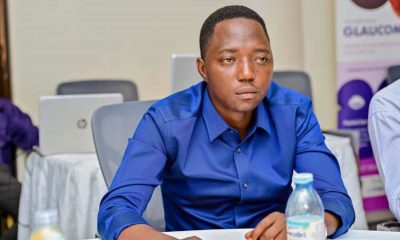“A degree is not a finish line. Graduation is not the end of learning, It is the beginning of accountability,” Prof. Nicholas Ozor, the Executive Director of the African Technology Policy Studies Network Nairobi, Kenya (ATPS), said.
Delivering a keynote address under the theme ‘Knowledge with purpose’, during Makerere University’s 76th graduation ceremony on Tuesday 24th February, Prof Ozor, challenged graduates to see their degrees not as status symbols, but as instruments of responsibility.
In his speech, he painted a candid picture of the world the graduates are stepping into, one marked by climate change, technological disruption, inequality, food insecurity and the rapid spread of misinformation. Yet rather than framing these challenges as obstacles, he described them as opportunities for purposeful leadership.
“Into this world, you step, armed with knowledge, credentials, and potential. Your degrees do not make you better than others. They make you responsible for others,” Prof Ozor, said.
Addressing graduands from College of Agricultural and Environmental Sciences (CAES)
College of Computing and Information Sciences (CoCIS), College of Education and External Studies (CEES) and School of Law (SoL), Prof. Ozor tailored his message to each field of study.
To graduates of the School of Law, he described the legal profession as a moral calling, urging them to use the law to protect the vulnerable and uphold justice with courage.
“Uganda, Africa, and the world do not need lawyers who only know how to argue. They need lawyers who know why they argue. Use the law to protect the weak, not intimidate them. Use your knowledge to defend justice, not delay it. Let integrity define your reputation not merely your résumé,” Prof Ozor, said.
For graduands who might feel that shortcuts will be tempting and silence will feel safer than truth, Prof. Ozor reminded them that justice does not need clever people, but courageous ones.
To the College of Education and External Studies, he underscored the transformative power of teachers, reminding them that classrooms shape nations long before policies do.
“Every nation rises and falls on the quality of its teachers. Never underestimate the power of a classroom. Teach not only for examinations, but for understanding. Teach not only content, but character. Teach learners how to think not what to think. Education is quiet work but its impact echoes across generations,” Prof Ozor, noted.
He called upon graduands from the College of Computing and Information Sciences, to use technology to solve African problems, not merely to imitate foreign solutions.
“Technology is powerful, but it is not neutral. Every line of code carries values. Every system you design affects real lives. Build for inclusion. Build for accessibility. Build for truth. Do not let innovation outrun ethics. The future will not belong to those who know the most technology, but to those who use it wisely,” He noted.
During the ceremony, Prof Ozor announced that the African Technology Policy Studies Network is offering PhD scholarships and postdoctoral fellowships in Artificial Intelligence, inviting deeper collaboration with Makerere.
For graduates of the College of Agricultural and Environmental Sciences, he highlighted their critical role at the intersection of sustainability and survival, calling on them to blend indigenous knowledge with scientific innovation to secure Africa’s food systems and protect its ecosystems.
In closing, he reminded graduands that their integrity will open doors their degrees cannot, their humility will teach them lessons success never will, and their resilience will matter more than their grades.
Five principles to be remembered:
- Embrace lifelong learning. The world changes too fast for static knowledge.
- Choose purpose over comfort. Impact matters more than income.
- Build character before career. Skills get you hired; character sustains you.
- Serve something larger than yourself. Give back to your communities and your country.
- Believe in Africa, and act. Do not wait for solutions from elsewhere. Be the solution.

 Humanities & Social Sciences5 days ago
Humanities & Social Sciences5 days ago
 Health1 week ago
Health1 week ago
 General4 days ago
General4 days ago
 Agriculture & Environment1 week ago
Agriculture & Environment1 week ago
 General1 week ago
General1 week ago
















